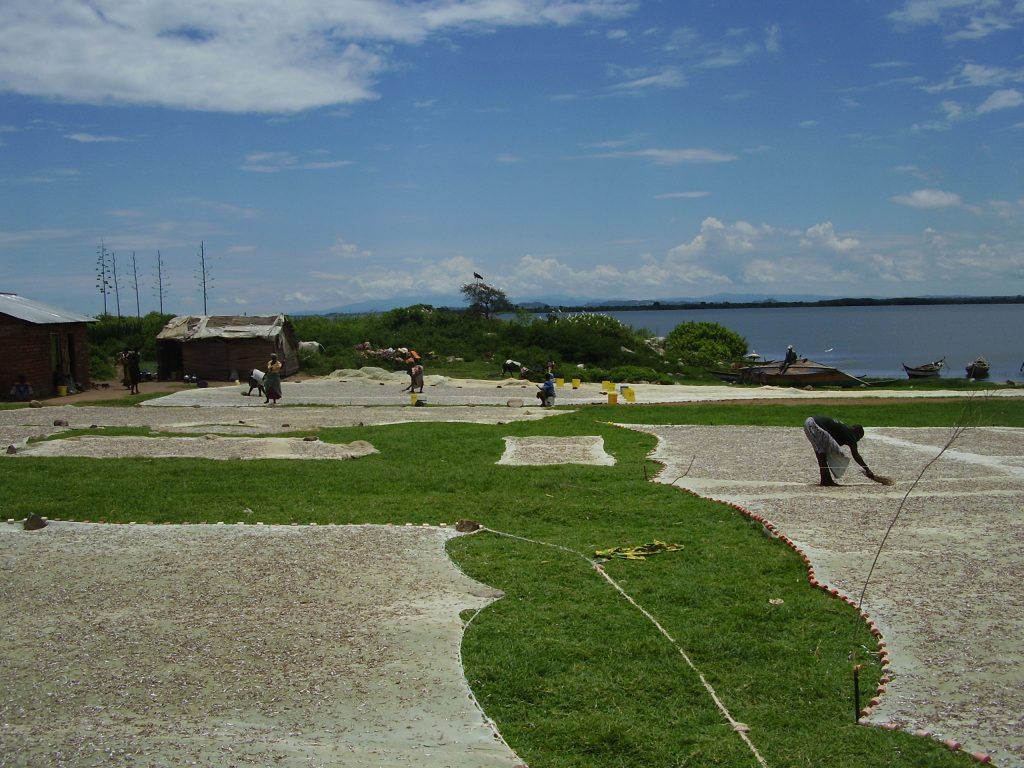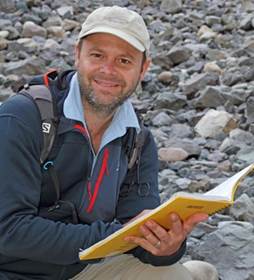Freshwater Fish Conservation, Food Security, and Livelihoods - Identifying Win-Win-Win Scenarios
When considering ecosystems, the services they provide, and how they are exploited [or degraded] by society, it is becoming increasingly apparent that it is impossible to decouple the concepts of conservation and societal development and well-being. This is particularly salient in the context of freshwater ecosystems and the inland fisheries that they support.
Of late there have been a number of efforts devoted to demonstrating the value of inland fisheries yet rarely are conservation, food security and livelihoods considered simultaneously. Needed are efforts to identify win-win-win scenarios where diverse ecosystem services are achieved simultaneously. Failure to think holistically about these complex issues will most certainly lead to further declines in freshwater ecosystems and their services, including biodiversity, and have severe negative ramifications on some of the most imperiled peoples on the planet; ultimately impacting the global biotic community.
At the IUCN meeting in Hawaii, a Knowledge Café was organized around the concept of identifying win-win-win scenarios related to freshwater fish conservation, food security, and livelihoods. The following questions were explored by over 20 participants from around the globe.
1. What are examples of existing win-win-win scenarios? Or are they limited to win-win?
2. What are the characteristics of win-win-win scenarios? Are they transferrable and when does "context" matter?
3. Do we assume that conservation must always be a "win"?
4. Do "wins" need to be complete/unconditional or can they be partial/conditional?
5. What barriers exist to developing win-win-win scenarios (e.g., governance structures, incentives, communication)?
6. Where do opportunities lie for developing win-win-win solutions in the future?
The events was organized by Steven Cooke (Carleton University & Too Big To Ignore), Abigail Lynch (USGS), Doug Beard (USGS), Bill Taylor (Michigan State University) and Andrew Song (Too Big To Ignore).

















